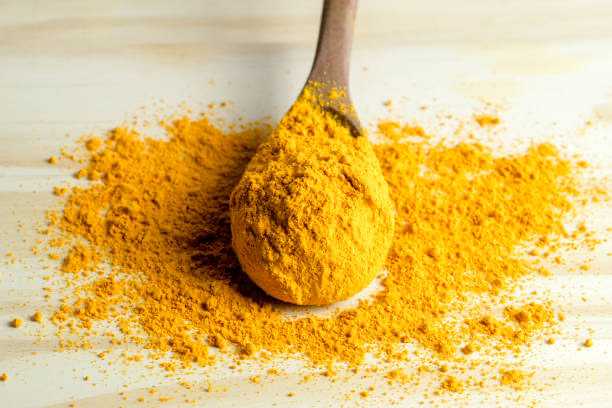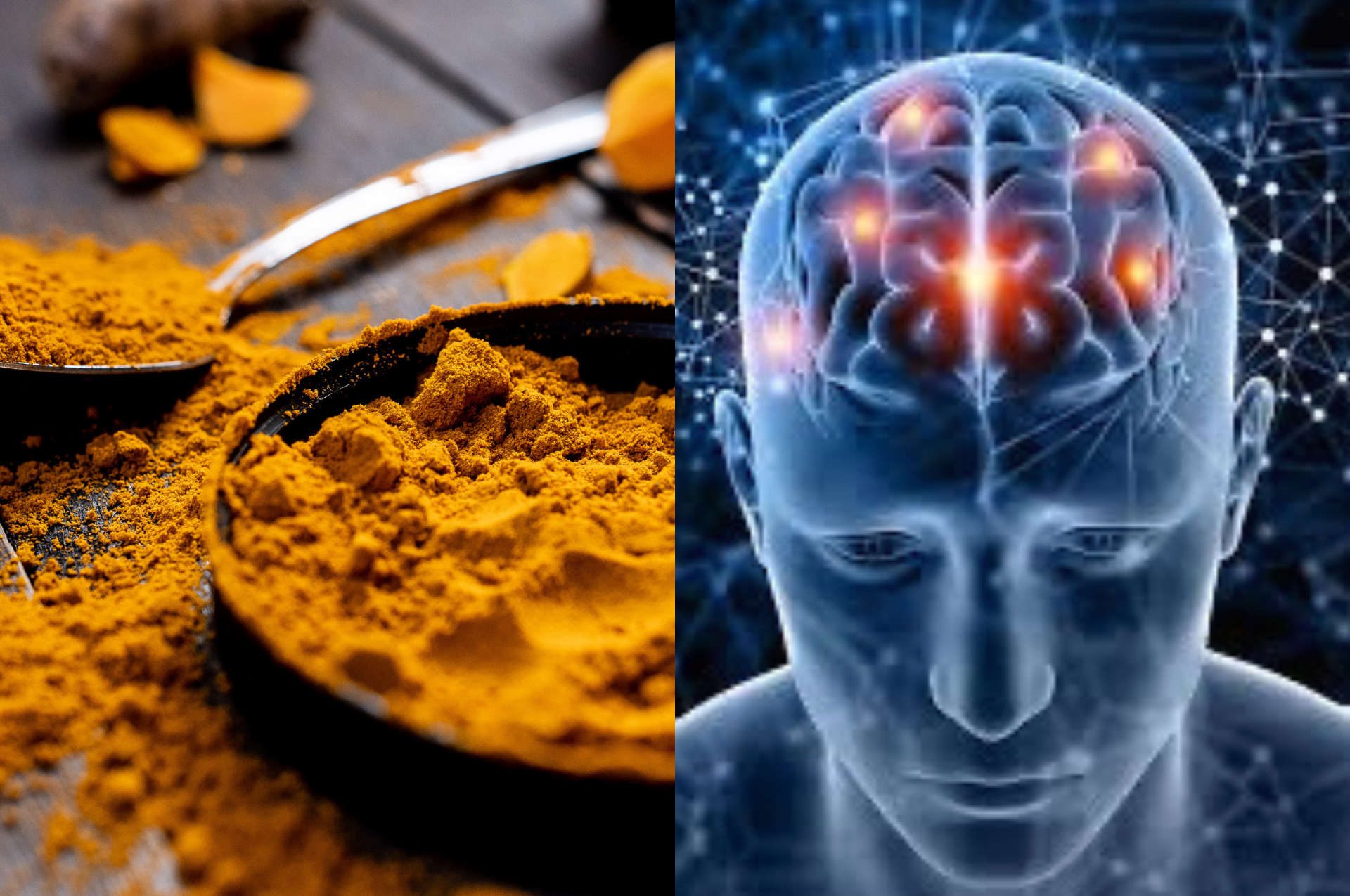Asian peoples such as the Indians tend to be very intelligent. Could this be due to their consumption of saffron? We don’t know for sure, but it is believed that this delicacy improves memory and prevents brain diseases.

The main properties of saffron
Saffron is a spice that comes from the flowers of crocus sativus Linnéa, flowering plant in the iris family with bright purple petals that’s also known as “saffron crocus” or “autumn crocus.” Its neuroprotective activity has been proven due to its high content of riboflavin (vitamin B2) and thiamine (vitamin B1).
Vitamin B1 (thiamine) is involved in glucose metabolism, the functioning of the nerve membrane, synthesis of the myelin sheath (the membrane that covers neurons) and various types of neurotransmitters such as acetylcholine, serotonin and amino acids. While vitamin B2 (riboflavin) participates in enzymatic processes that improve brain function, riboflavin derivatives also have anti-oxidant properties.
Action on the brain
Indians use saffron in almost all their dishes, especially Indian curry, saffron rice and chicken tikka marsala. This is why they are so well known for their wit, longevity and health. Consumption of saffron has been proven to prevent mental illnesses such as Alzheimer’s, depression, Parkinson’s and even epilepsy.
Pre-clinical studies have proven that saffron exerts its neuroprotective effects mainly through antioxidant stress, anti-neuroinflammation, anti-cell death and other related pathways. Clinical trials have also confirmed that saffron can relieve depressive and anxiety symptoms in patients with depression and anxiety. In clinical studies using saffron to treat neurodegenerative diseases such as Alzheimer’s and Parkinson’s, an improvement in cognitive impairment was observed.
Chemical compounds in saffron that act on the brain
The main chemicals found in saffron are safranal, crocetin and picrocrocin esters. Safranal, which is responsible for saffron’s aroma, has anticonvulsant and antidepressant properties. Crocetin and its derivatives, crocin and picrocrocin, the first two of which give saffron its color while picrocrocin gives it its bitter taste and is also colorless, have cancer-preventing properties and help improve memory and the heart.
The crocina is able to be absorbed in the intestine and passed easily through the brain barriers, in studies published in the journal Front pharmacological, indicates that can result in activities of noradrenergic hormones, dopaminergic and serotonin, important for brain activity, memory and well-being.
The importance of preventing brain damage
The increase in life expectancy in the world due to good health conditions, on the other hand, leaves people exposed to cognitive damage over time. It is believed that 50 million people suffer from dementia around the world. It turns out that the disorders caused by diseases such as Parkinson’s and Alzheimer’s mean that older people live worse lives, as they are unable to perform basic physiological needs, forget loved ones and are exposed to trauma caused by injuries.
Depression is one of the most prevalent psychiatric illnesses in the world, affecting around 4.4% of the population. There are extrinsic factors linked to lifestyle, most associated with stress, which stimulates neurobiological changes. Studies have shown that saffron can reduce cortisol levels in the blood, helping to control depression and anxiety.
It is therefore necessary to preserve brain activity through healthy lifestyle practices, annual medical check-ups and eating foods rich in antioxidants such as saffron, in order to preserve the damage caused by ageing and brain neuroplasticity (the brain’s capacity for self-regeneration), so that longevity can be achieved with fewer medical bills for treatment, if you try to prevent it well in advance.
Eating saffron and its consequences for the brain
Finally, the benefits of saffron for the brain are well known, which is why there are many supplements with this substance on the market and it is also recommended by many naturalistic doctors to consume it daily with food. Medications for brain damage can be strong and cause other side effects, but saffron supplementation can have preventative effects and avoid more serious damage in mental illnesses such as Alzheimer’s, Parkinson’s, depression and epilepsy.
